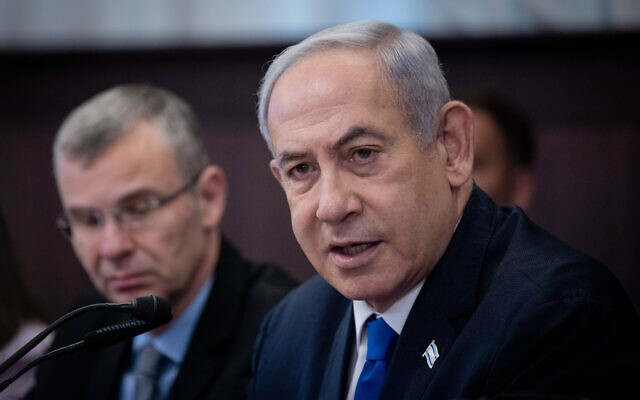The cabinet on Sunday approved NIS 20 million ($5 million) to incentivize African migrants and asylum seekers to leave Israel, a week after violent riots broke out between politically opposed camps of Eritreans living in Israel.
The Israeli government generally refers to African migrants and asylum seekers as “infiltrators,” due to their having entered the country illegally. Critics of the policy point to the fact that Israel largely refuses to evaluate refugee or asylum seeker status requests for the nearly 30,000 African migrants currently residing in the country.
A portion of the 17,850 Eritreans living in Israel are asylum seekers who fled near-lifetime military conscription, among other human rights abuses, at the hands of Eritrea’s autocratic regime. Others are regime supporters who do not claim to fear the same political retribution if repatriated to Eritrea, and are considered by some to be economic migrants. Netanyahu said last Sunday that he would only look to deport pro-regime migrants who took part in the violence.

The United Nations quickly poured cold water over Netanyahu’s idea, saying that expelling Eritreans en masse would be unlawful.

Among these initiatives are offering legal assistance to residents, renovating synagogues damaged by vandalism to the tune of NIS 1.5 million a year, pledging NIS 1.5 million toward building robust student communities in affected communities, and helping senior citizens in high-concentration areas.
“The plight of the residents of neighborhoods full of infiltrators is a problem for all of us. Like many problems, it gets exposure only when it breaks through the circles of immediate casualties and goes out into the public domain,” read a statement from Wasserlauf, accompanying the cabinet approval.
Minister for the Advancement of Women May Golan also chipped in about NIS 3 million from her ministry, helping to fund a women’s focused community rehabilitation program in south Tel Aviv for NIS 3 million and a NIS 1.5 million plan to increase women’s personal security in affected areas, in response to sexual assaults perpetrated by asylum seekers and migrants in recent years.
“As someone who has been leading the fight against illegal infiltration for over a decade, I am determined to help as much as possible, and within the limitations of my existing offices, those neighborhoods that suffer from the cruel and unbearable burden of infiltrators,” Golan said in a statement.






